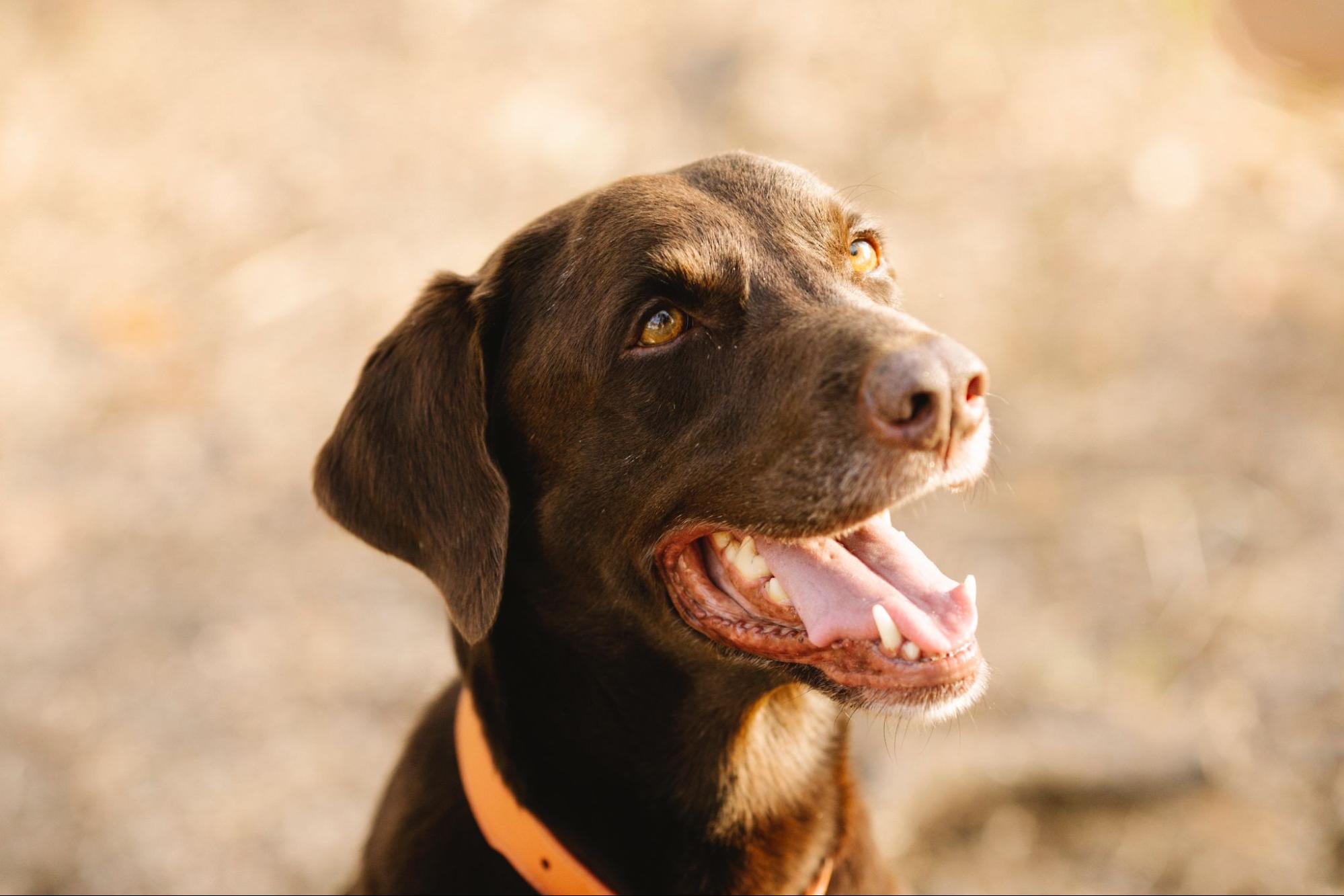How to Train a Dog to Stop Chewing on Things
I’ll admit it, I love Labradors. Their playful demeanor, their loyalty, and – let’s not forget – their boundless energy! But there’s one aspect that can prove challenging for Labrador owners: their notorious chewing habit. It’s an issue many people struggle with and a topic I’ve been asked about countless times. So today, we’re going to delve into some tips for preventing your Labrador from chewing.
Chewing is a natural behavior for dogs of all breeds, but Labradors seem to have an extra fondness for this pastime. Whether it’s your favorite pair of shoes or the leg of an expensive dining table, nothing seems off-limits to these chew-happy pups. But don’t despair! There are ways you can train your dog to stop chewing on things they shouldn’t.
It’s essential to remember that training any dog requires patience and consistency. You won’t see changes overnight, but with time and the right approaches (which I’m eager to share), you’ll likely notice a significant decrease in unwanted chewing habits.
Understanding Why Your Labrador Chews
Let’s dive right into the heart of the matter. Your Labrador chews, and it’s important to understand why this behavior occurs before we can address how to prevent it. In essence, chewing is a natural instinct for dogs. It helps them explore their environment, much like how babies use their mouths to discover new textures and tastes.
In the case of young Labradors, they often chew to relieve the discomfort of teething. This phase typically begins when they’re around 4 months old and can last up till they’re 7 or 8 months old. During this period, it may seem like your pup has an insatiable desire to gnaw on everything in sight!
Adult Labradors aren’t exempt from this behavior either. They might chew out of boredom or as a way to alleviate mild anxiety or stress. Spend enough time with your furry friend and you’ll start noticing that these periods of intense chewing often occur when they’re left alone for long stretches.
Now that we’ve established the reasons behind your Labrador’s need to chew, let’s take a look at some numbers:
| Age | Reason For Chewing |
| 4-8 Months | Teething |
| >9 Months | Boredom/Anxiety |
Remembering these stats will be crucial as you navigate through training your dog not to chew on things. But let me reassure you – while it may be challenging at times, with patience and consistency, you’ll definitely see progress in curbing your Labrador’s chewing habits!
So buckle up! You’re about to embark on an exciting journey filled with tips for preventing your Labrador from chewing unwanted objects around the house!

The Role of Teething in Puppy Chewing
Now, let’s delve into the role that teething plays in our Labradors’ incessant chewing. You see, just like human babies, puppies go through a teething phase as well. During this phase, their gums can get quite sore and uncomfortable. To alleviate the discomfort, they resort to chewing on anything and everything within their reach.
Puppyhood is a critical period for your Labrador. It’s when they’re exploring the world around them with curiosity and enthusiasm. This stage typically starts from about four months old and continues until they’re around six months old. Puppies love to explore – it’s how they learn about their surroundings. And more often than not, this exploration involves a lot of mouthing or chewing.
But here’s where things get tricky – the period when your pup starts teething coincides with their exploratory phase! Meaning? Well, combine an innate sense of curiosity with sore gums seeking relief, you’ve got yourself a notorious chewer!
It doesn’t stop there; post-teething also brings its share of problems in terms of dog chewing issues. As adult teeth start to form and settle in your Labrador’s mouth, there may be some residual discomfort that compels them to continue chewing.
So what does all this mean for you as an owner trying desperately for “preventing your Labrador from chewing”? Understanding that teething contributes significantly to the ‘why’ behind your Lab’s destructive chewing habits is key! Next time we’ll move onto strategies for “how to train a dog to stop chewing on things”, taking into account these factors we’ve discussed today.